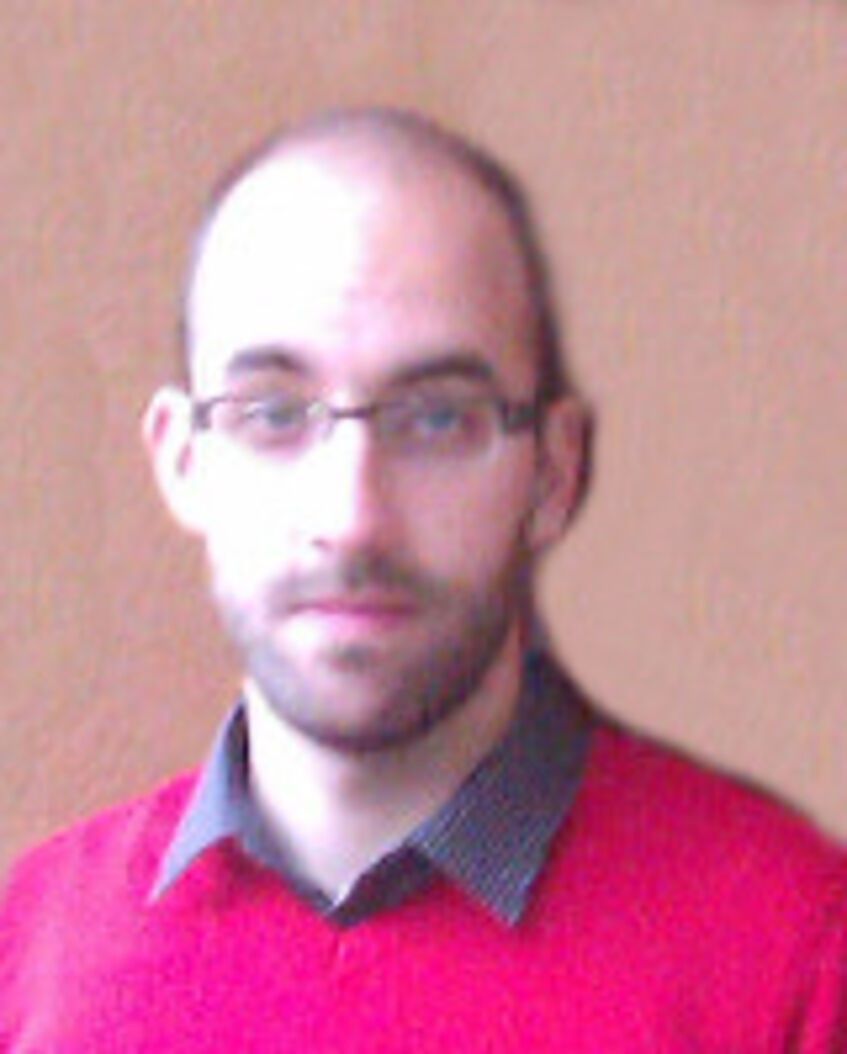Dissertations
ONGOING (initial care)
Univ.-Prof. DDr. Kurt Appel
BOCH Michael
The transcendental logic of knowledge.
An investigation into the transcendental logic in Johann Gottlieb Fichte's late work and its reception
Supervisors: Kurt Appel together with Alexander Schnell (University of Wuppertal)
The aim of the dissertation is to historically and systematically explore the idea and design of transcendental logic in Johann Gottlieb Fichte's late logic lectures from 1812/13. Historical means that the lectures on transcendental logic should be analyzed, contextualized and integrated into Fichte's entire work. Systematic means that the focus is not only on the historical text of the lectures, but on Fichte's appropriation and further development of the idea of a transcendental logic. On the one hand, the lectures on transcendental logic should be examined to see to what extent they are linked to Kant's idea of a transcendental logic of knowledge and how the conceptual and conceptual differences can be identified. Finally, Hermann Kring's productive connection to Fichte in his Transcendental Logic from 1964 will be presented, thus demonstrating the continuity of the transcendental logic of knowledge into the 20th century.
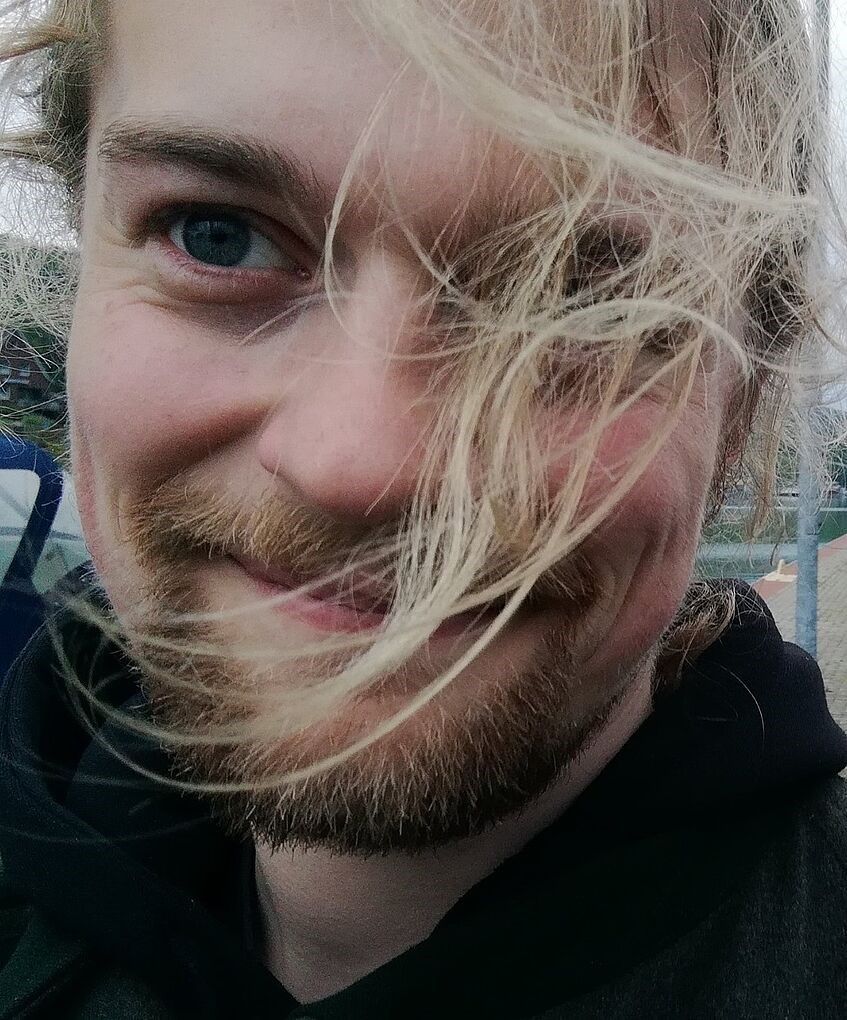
FOR Weon Min
Satan as the central theologumenon of Christianity, reread in Schelling's "original version of the philosophy of revelation"
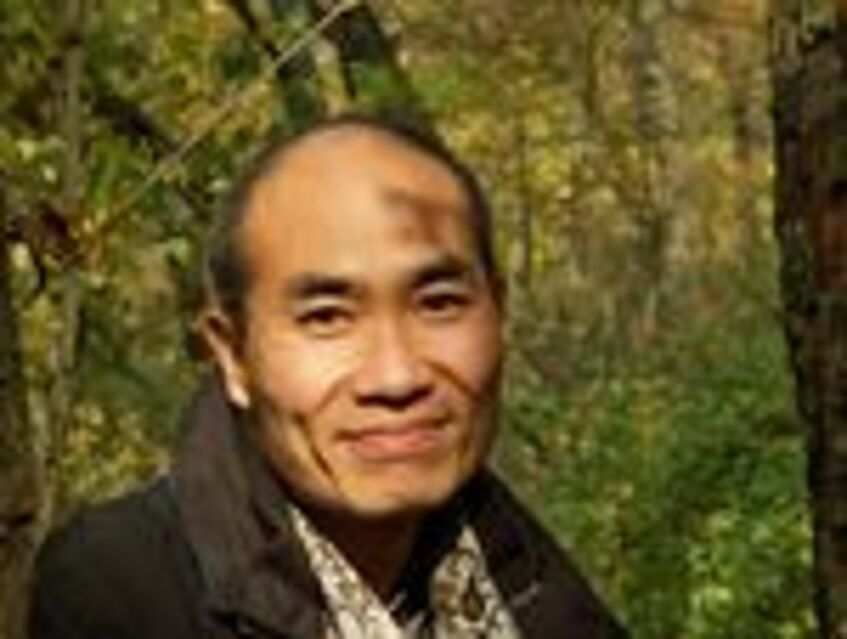
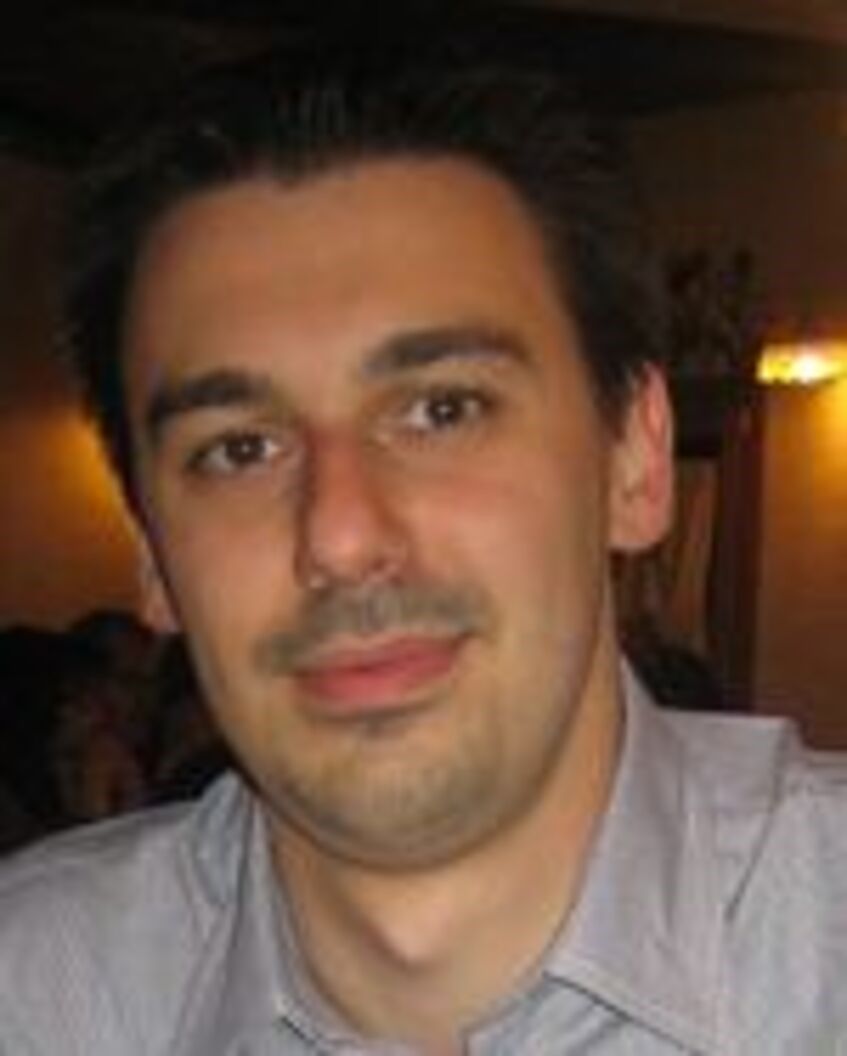
COSER Mattia
The evil in God?
Ontology of evil and suffering in Pareyson's philosophy
Supervisors: Kurt Appel together with Jakob Deibl (University of Vienna) The problem of evil and suffering represents one of the most important challenges for philosophy and Christian theology. This dissertation seeks to address this problem by analyzing the philosophical proposals by the Italian philosopher Luigi Pareyson. Pareyson sees a key to being able to develop the question of evil philosophically anew today, on the one hand, in the elaboration of an ontology of freedom, which is closely based on Schelling, and, on the other hand, in a hermeneutics of myth. Schelling already emphasized, particularly through the idea of a "vemunftekstasis" as a transition from purely rational (metaphysical) philosophy to a "positive" philosophy (inspired by the history of Christian salvation) that uses myth as a genuine form of language, that the problem of evil and suffering is not can be resolved reflexively.
Continuing this idea, Pareyson sees the hermeneutics of myth as the only suitable philosophical instrument to be able to look at the question of evil and suffering from a new perspective. In this hermeneutic context, Pareyson also interprets the Christian religious experience as a form of tragic thinking. In his reflections, Pareyson relies on a Christological element that is able to hermeneutically interpret the Christian narrative of salvation and the Christian belief in the "atoning" power of suffering (in the sense of a universal compassion for a world entangled in disaster).
The eschatologization of thought and the introduction of Christology into philosophical considerations represent a similarity between Pareyson and Schelling, although the two Christologies have different focal interests: Schelling's philosophy is based on the cli·ist doctrine of kenosis in the sense of overcoming the human fantasy of omnipotence. In contrast, in his hermeneutics of myths, Pareyson focuses on the solidarity in suffering between God and all of creation through the event of Christ on the cross. The aim of this dissertation is to interpret Pareyson's philosophical path with a particular focus on the extent to which his understanding of myth goes beyond Schelling's conception and his understanding of evil and suffering can open up a new philosophical view of the Christian narrative of salvation.
ELEVEN Martin
Creation and incarnation.
Towards a theology of the body in the exit by Maurice Merleau-Ponty
Supervisors: Kurt Appel together with Jan-Heiner Tück and Esther Heinrich-Ramharter (University of Vienna)
One of the future challenges of theological thinking is - and the dissertation project wants to make a contribution to this with its research project - how a different view of nature can be practiced that does not result in the destruction, reification and exploitation of our “living world”. A central line of thought in relation to practicing this different perspective is to understand the “this-worldliness” of life not as a mere stage of “transition”, but rather the respective historical and, above all, physical embedding of people in the world as an excellent place for encountering God to comprehend. Starting from the phenomenological explorations of the process of perception and corporeality in the philosophy of Maurice Merleau-Ponty, which particularly emphasize the sensual, affective constitution of the world or nature and undermine a distinct separation between subject and object, the attempt is made to re-read the Christian Theologumena creation and incarnation undertaken. The question is about their genuine thematization of the (affective) relationship between God, world and human beings (taking into account the topic of corporeality and carnality) as well as their potential and resources for our present.

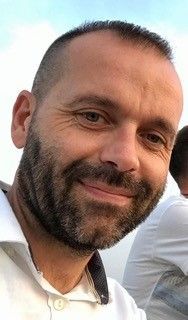
FRIDGE Fabio
Between God's freedom and man's freedom.
The sacraments in the light of the thought of freedom
The topic of the dissertation aims to explore a personal conviction that could be expressed like this: The early Christian understanding of faith always implies the inclusion of personal freedom. The act of faith is not a purely passive adaptation, but rather an affective adherence to the free and liberating God. The act of faith evokes a livable relationship with divine truth revealed in the story of Jesus of Nazareth “propter nos homines et nostram salutem.” This should also be reflected in the special act of faith that the sacraments imply. But in the way the doctrine of the sacraments has been thought in recent centuries, it is precisely the element of “freedom” that has often fallen into obscurity.
In summary, our work is about developing an interpretation of the sacramental act that selects the category of freedom as a perspective: The sacrament is the concrete space in which the encounter between the freedom of God and the freedom of the believer occurs. In order to give content and contours to the category of freedom, we have selected two authors, namely the Italian philosopher Luigi Pareyson (1918-1991) and the German theologian Thomas Pröpper (1941-2015). Certainly with different nuances but also with common points, these authors have dealt with the concept of “freedom” that was developed in modern times; in their works they have aimed to overcome a certain distrust of this topic and its elaboration in modern times, which the backlash has spread even within post-Tridentine Catholicism.
In doing so, they promote a hermeneutic of Christianity and its objective representations in which the themes of the person and his dignity, historicity and becoming, and the freedom of the path of faith (and thus also its risk) find a central place. On the basis of their thinking, we aim at both a critical reading of current models of understanding the sacrament and a renewed hermeneutics of the sacramental act that could potentially inspire a promising practice of the sacrament and the Christian faith.
GALLWITZ Lars
Hegel and Nietzsche or identical and non-identical transcendentality
The dissertation aims to clarify the possibility or impossibility of reflective cognition based on the works of Hegel and Nietzsche. In their thinking, both authors start from the question of whether and how the return of knowledge to itself, as demanded by the Kantian criticism of reason, can be realized. However, they represent mutually exclusive positions: While Hegel seeks to demonstrate the necessity of complete, rational self-knowledge, Nietzsche insists on the failure of any claim to universal and timeless knowledge. The task is therefore to develop both positions from their respective requirements and thereby show how they can be communicated.
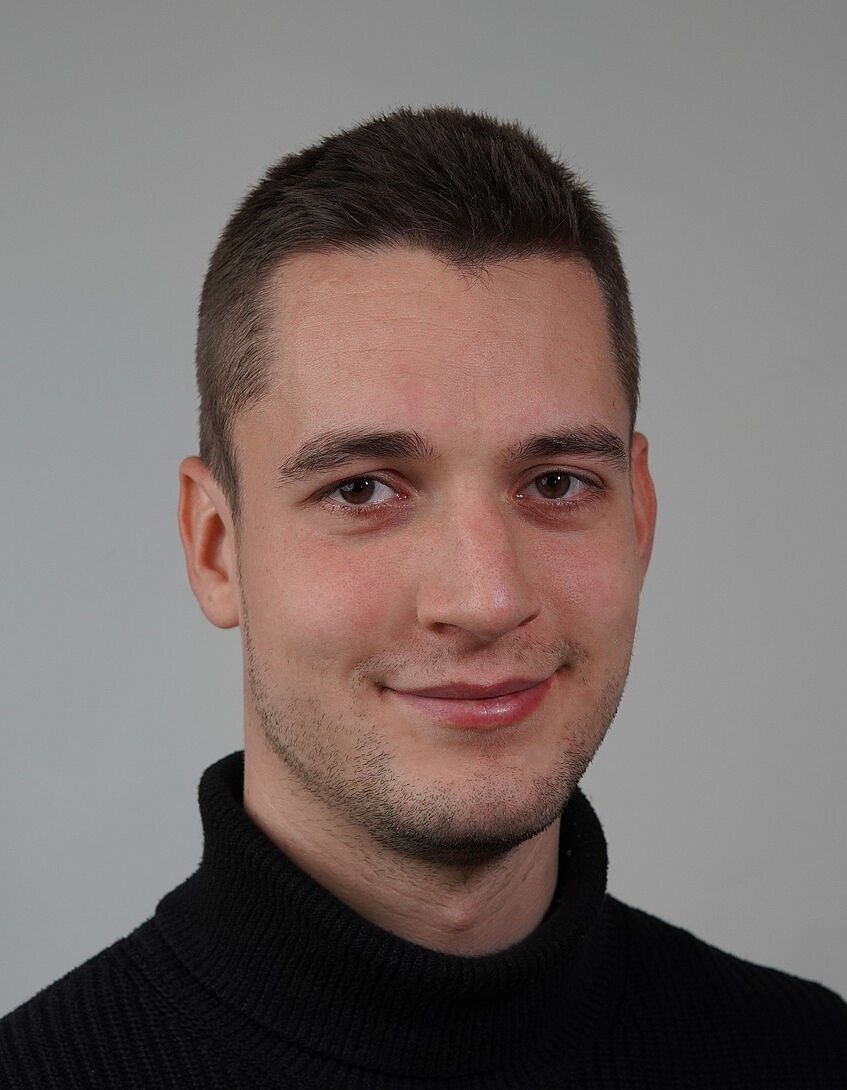
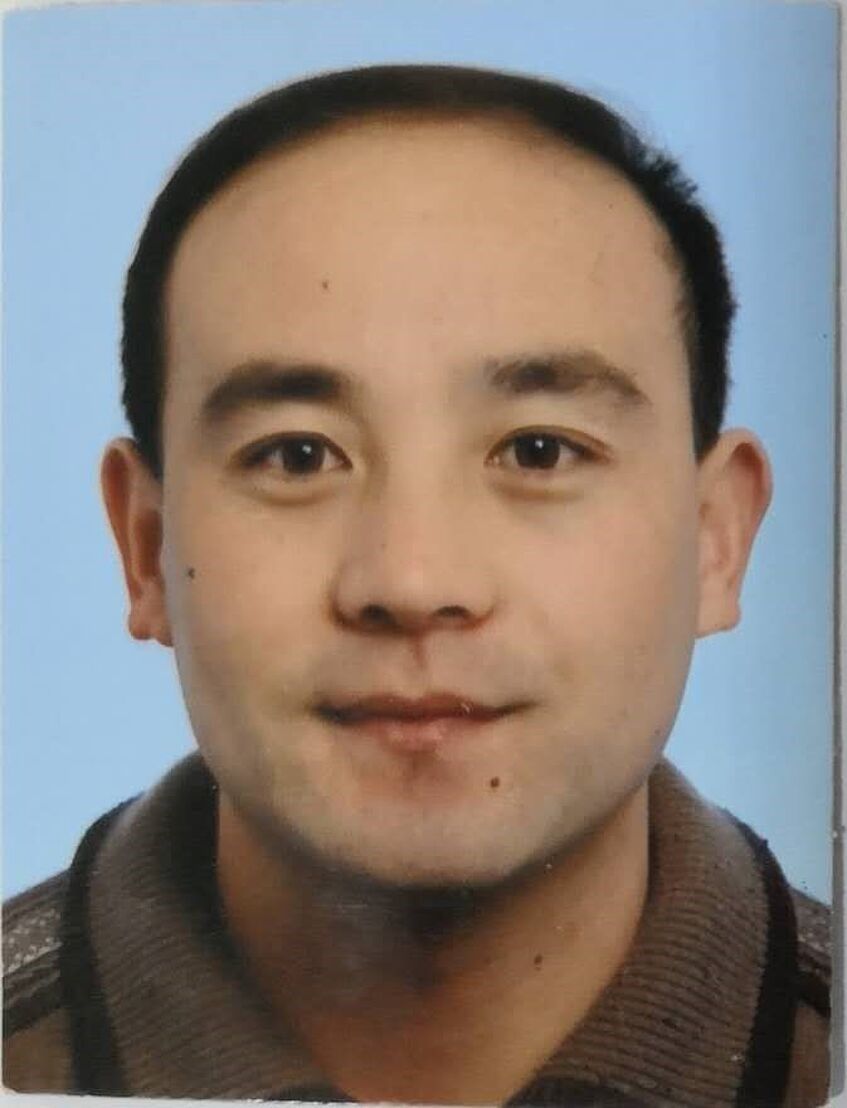
GAO Jianjun Squidward
The concept of transcendence in Hans Urs von Balthasar and in Dong Zhongshu (董仲舒)— A representation of the intercultural dialogue between Christian theology and classical Chinese philosophy
The dissertation “The concept of transcendence in Dong Zhongshu (董仲舒)and in Hans Urs von Balthasar”) is primarily about rethinking the concept of transcendence through the presentation of such an intercultural dialogue and also attempting to understand Christian theology to inculturate into Chinese culture.
GUGEREL Stefan
The Whole Bible in the Life of the Church - Reforms of Matins/Vigil/Lessons in the Roman Tradition in the 20th Century

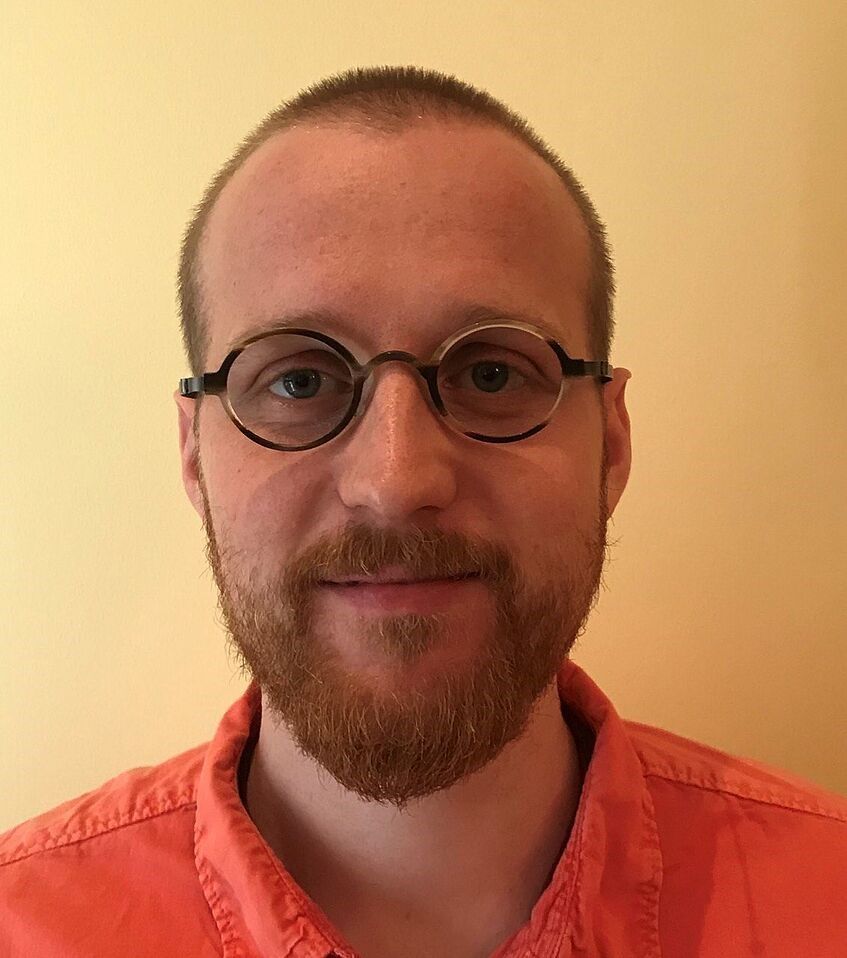
GÜNTHER Julius
Investigations into the religious dimension of the unconscious and the unconscious dimension of religion by FWJ von Schelling
Supervisors: Kurt Appel together with Jakob Deibl (University of Vienna)
Based on a systematic analysis of Schelling's “System of Transcendental Idealism”, the dissertation attempts to interpret the concept of the unconscious in terms of its religious dimension. The results are deepened and expanded with the “Philosophy of Art”, as well as “Philosophy and Religion”, the “Freiheitsschrift”, the “Stuttgart Private Lectures” and the “Weltaltern”. This progression makes it possible to interpret the religious dimension of the unconscious in Schelling's earlier work as an unconscious dimension of the religious in his later work.
KAISLER Roswitha
“You are a God who sees me.” – Genesis 16:13: God’s promise and task. The question of God in the face of alienation and broken identity experiences of Jewish children who emigrated after the November pogroms in 1938. An empirical investigation of the speech about God based on cross-generational narratives.
Supervisors: Kurt Appel together with Gerhard Langer (University of Vienna)
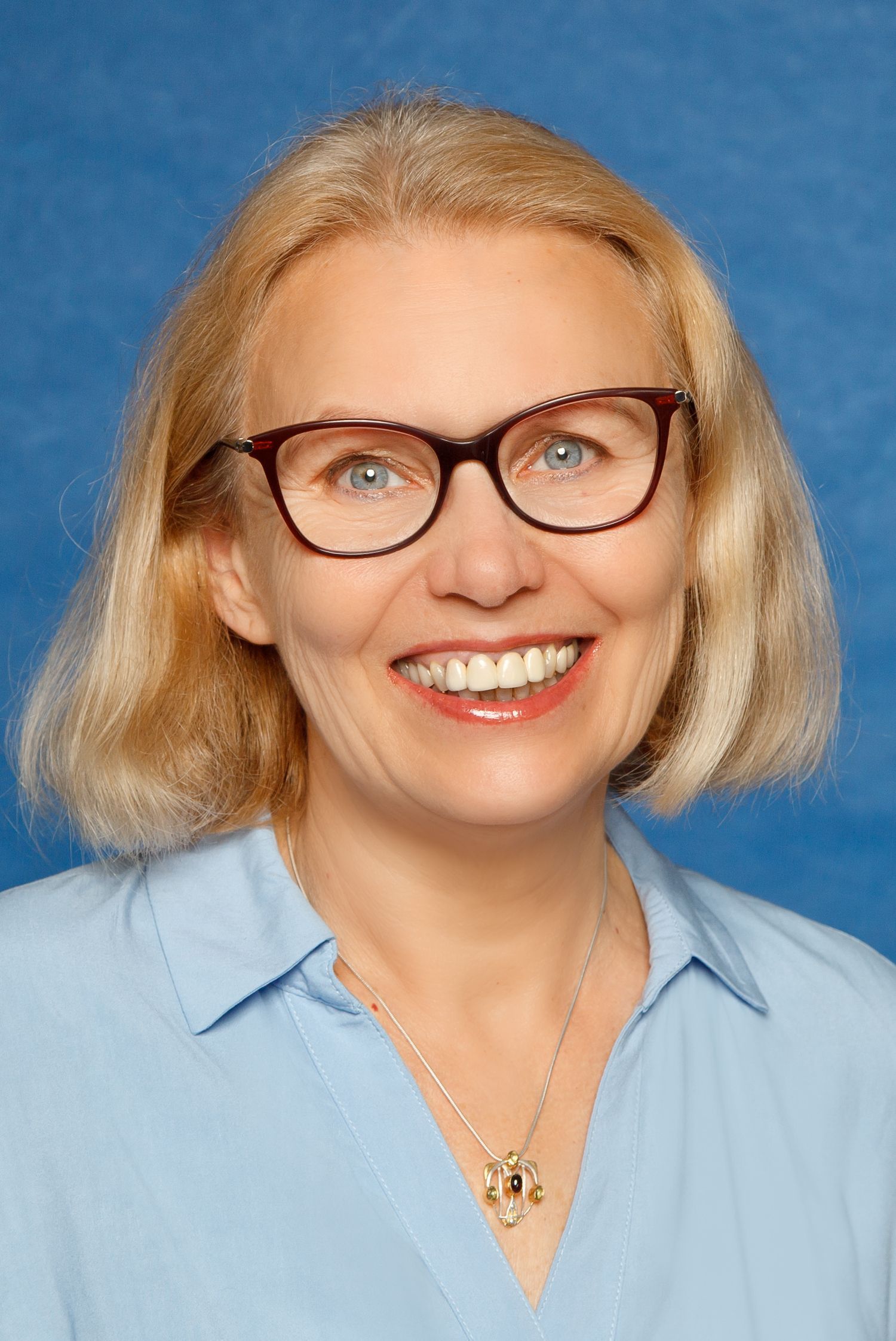
LEHNER Elisabeth
When language fails...
...IN the end was the Word and the Word IS with God and the Word IS God

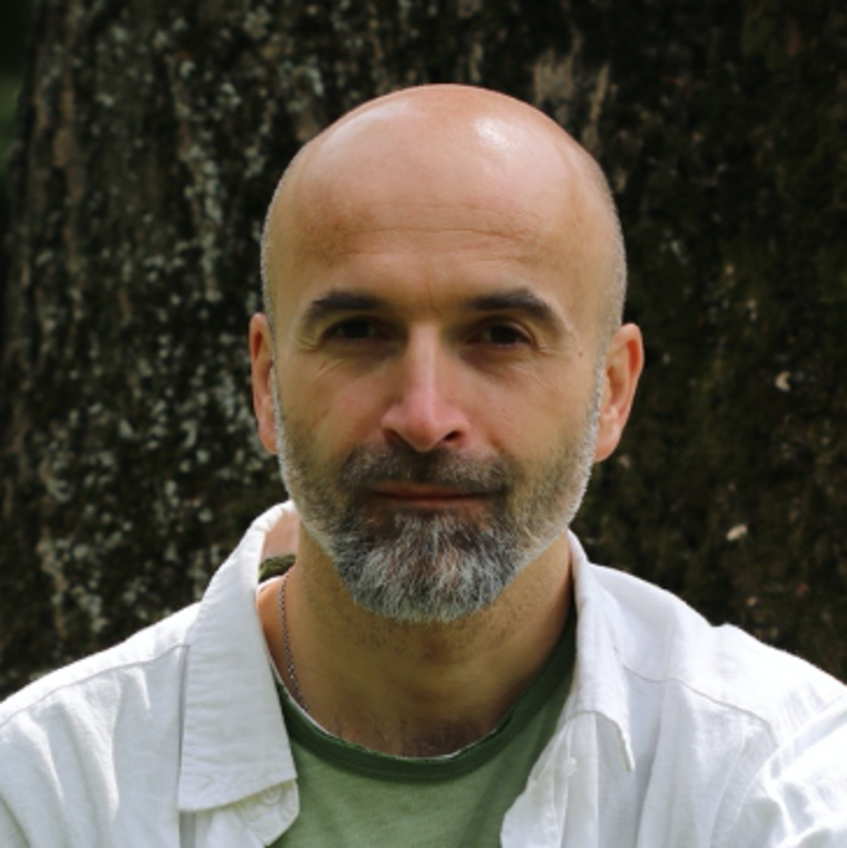
LOBOTKA Vladimir
Toybee's Conception of History in the Context of the Challenges of Our Era
MACHA Christian
Zygmunt Bauman's social diagnosis in conversation with Evangelii Gaudium
Supervisors: Kurt Appel together with Jakob Deibl (University of Vienna)


MASSIRONI Sergio
A topology of joy. The pastoral paradigm and the existential peripheries
OBERNDORFER Markus
On the theological and philosophical knowledge of the Christian God with Bernhard Welte. Person Being God - Paths to God through prayer. Investigations into the ability to experience God and deepen the mystery of faith
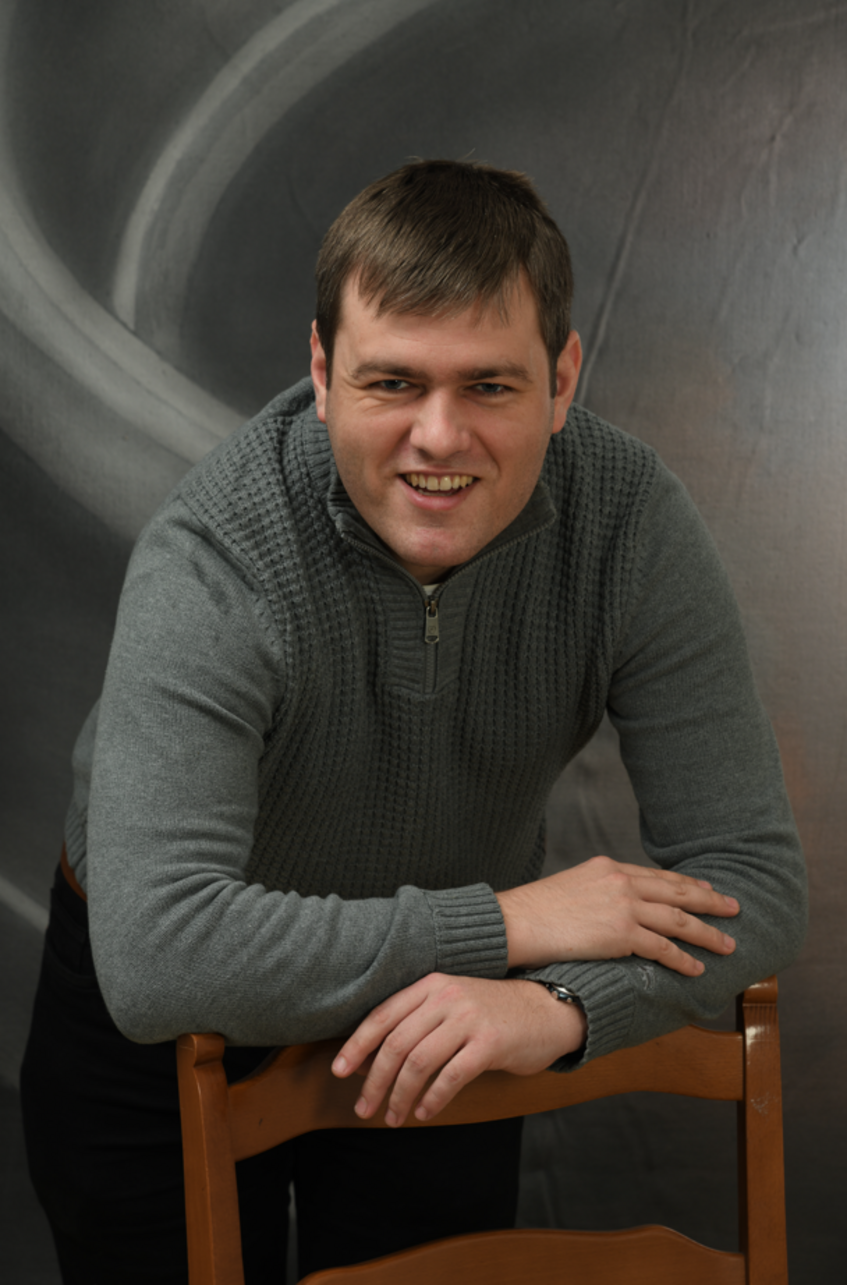
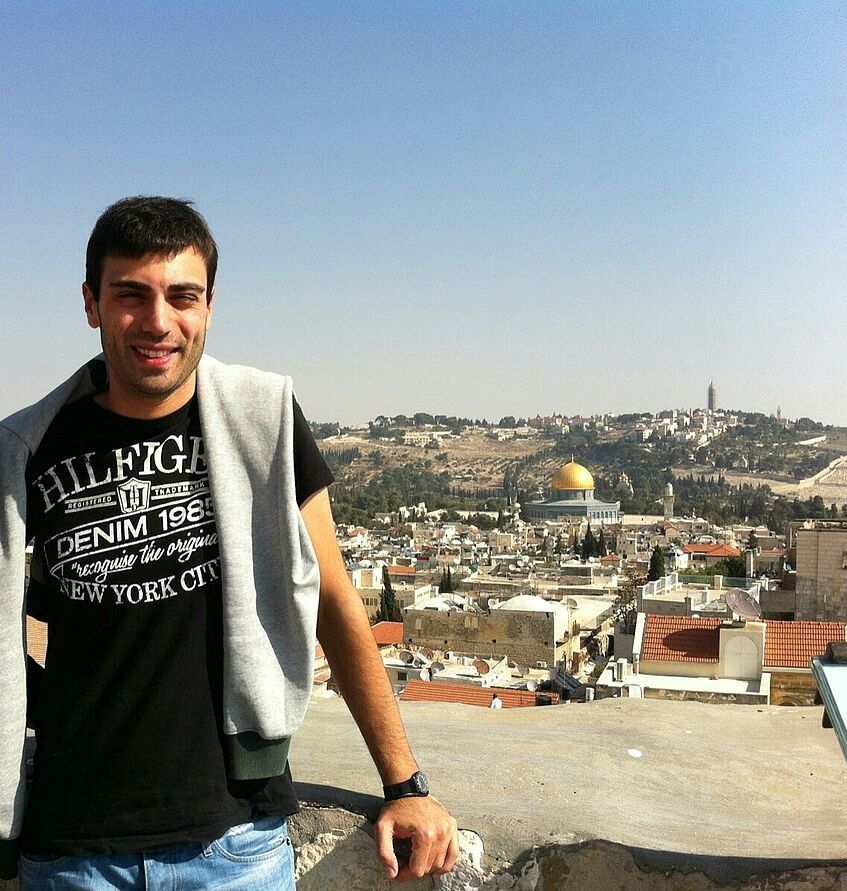
PALASCIANO Gabriele
The philosophy of religion by Juan Carlos Scannone.
Postmodern perspectives?
POMPEO Lorenzo
The Pauline "New Creation" in the Philosophical and Theological Thought of the Twentieth Century
The aim of this research project is to examine remarkable interpretations of the Pauline doctrine of the “New Creation” (kainē ktisis) in the philosophical and theological contemporary thought. I notably want to investigate the theoretical meaning of the notions of “new” and “newness”. First and foremost, the purpose of this research is to outline the pivotal elements of the biblical semantics of the “new” and the Pauline doctrine of the “kainotēs”, with particular attention also to how it was interpreted by Patristic and Medieval Christian thought. The main intent of the research is to intertwine this Biblical, Pauline and Christian legacy with contemporary reflection. Consequently, an in depth-study of contemporary thought is addressed, so as to highlight that the category of “newness”, as it emerges from the Pauline legacy, involves a renewed way of understanding the human experience, the time and the history. Among others, Martin Heidegger, Rudolf Bultmann, Paul Tillich, Romano Guardini and Emmanuel Falque are taken into consideration.
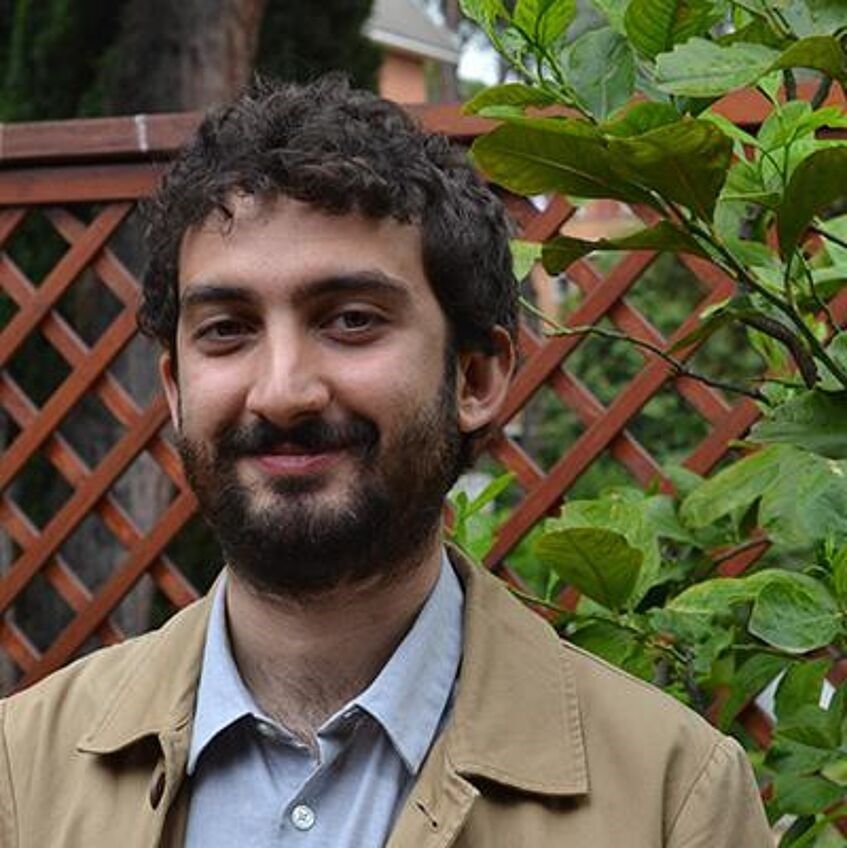

PONZO Cool
Hegel and Foucault: On Forgiveness as Self-Care
What would happen if we read the concept of 'self-care' expressed by the late Foucault through the magnifying glass of Hegel's 'forgiveness' and thus 'self-forgiveness'?
The question of forgiveness, in Hegel, presents itself clearly as early as the text The Spirit of Christianity and its Destiny, but it becomes decisive in the Phenomenology of Spirit: if in the early work of the Frankfurt period forgiveness is addressed in relation to action and its consequences in the analysis of the spirit of the Jewish people, in the Phenomenology, it assumes the focal point within the theme of recognition, making it, in fact, possible. It is in fact Forgiveness that allows for the recognition between the acting consciousness, which has the value of Evil, and the judging consciousness: in asking for forgiveness, 'the acting consciousness must break through the unilateral and unrecognised existence of its particular being-for-itself' and in the same way 'must witness the shattering of its unilateral and unrecognised judgement'. Forgiveness allows the reconciliation of consciences within the common horizon of guilt: the limitation that manifests itself in evil and guilt is the same that expresses the judging act, defined by Hegel as an overbearing act, it is the finiteness of the human being. In the request and granting of forgiveness, the miracle of reconciliation is renewed: "And this mutual recognition is the absolute Spirit.
Starting from self-care and its practices, which Foucault points out in his last courses at the College de France, what will then become the "telling the truth about oneself" of Foucauldian memory if we do not take into account the background traced by Hegel, from finiteness and forgiveness, from the ethical implications of an action that makes the chiastic formula "I who is we, we who is I" its own?
PORCHIA Francesco
Putting a face to death. Reflections on the relationship between the concepts of life and death in Schelling's Philosophy of Revelation
Supervisors: Kurt Appel together with Marco Moschini (Università Perugia)
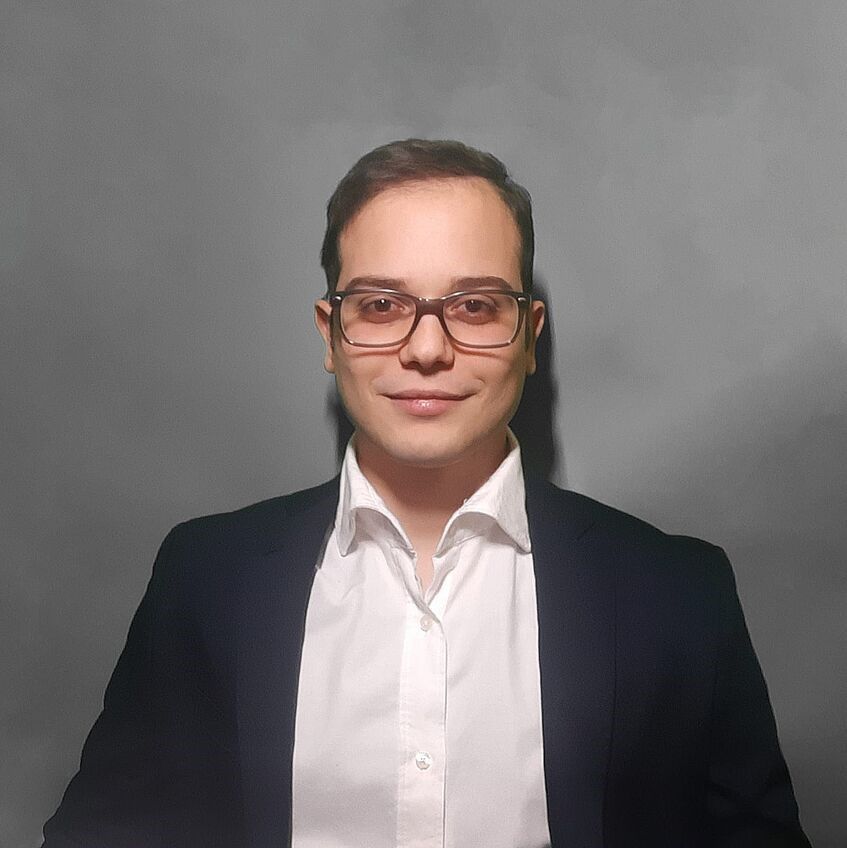
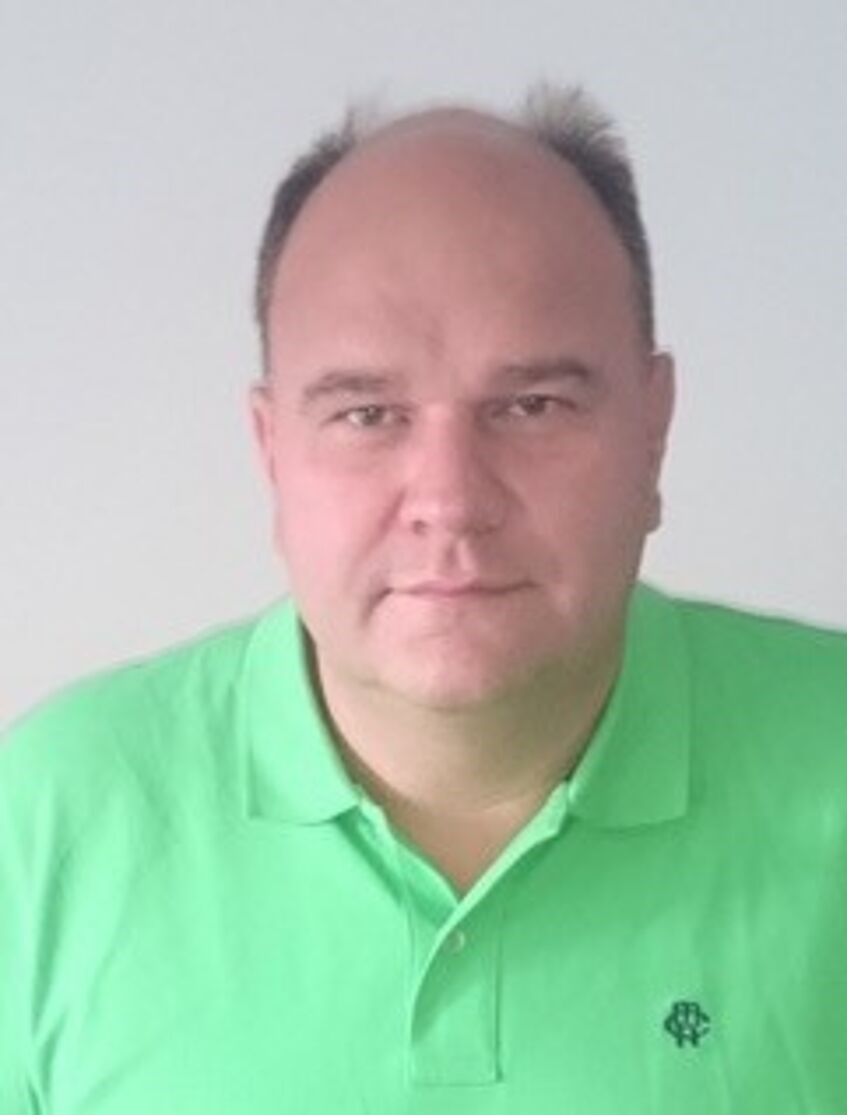
REBES Marcin
The Three Aspects [Natures] of God and Creation in Alfred North Whitehead's Process Philosophy and the Christian Belief System
The dissertation is about discussing the questions of "primordial nature", "consequent nature" and "superjective nature" in Whitehead's philosophy with the Christian belief system. The aim of the work is to show the three divine natures or aspects in process philosophy and to show how they can explain the problem of the relationship between God and his creatures, taking into account the problem of freedom and causality.
SCHNEIDER Stefan
The world as God in the making. Bulgakov's sophiological creation theology and Teilhard de Chardin's theology of evolution in dialogue
Supervisors: Kurt Appel together with Ioan Moga (University of Vienna)
The dissertation "The world as God in the making. Bulgakov's sophiological creation theology and Teilhard de Chardin's theology of evolution in dialogue" addresses the question of structural parallels and characteristic peculiarities in the comparison of the two synthetic theologies. The intended benefit is the reference to a common basic intuition and a shared approach to the world in the Christian East and West. A series of comparative dimensions are used for orientation and are used to survey the extensive source and secondary literature.
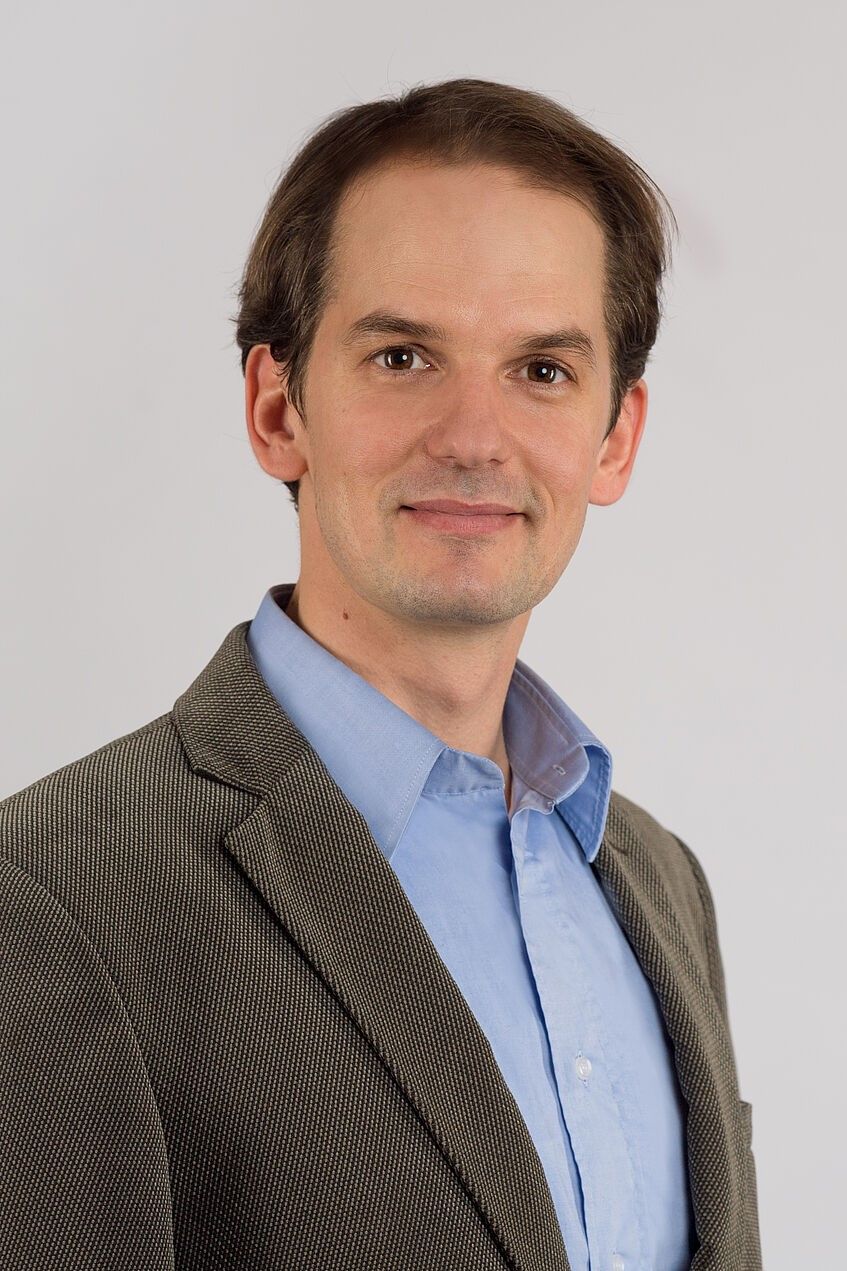
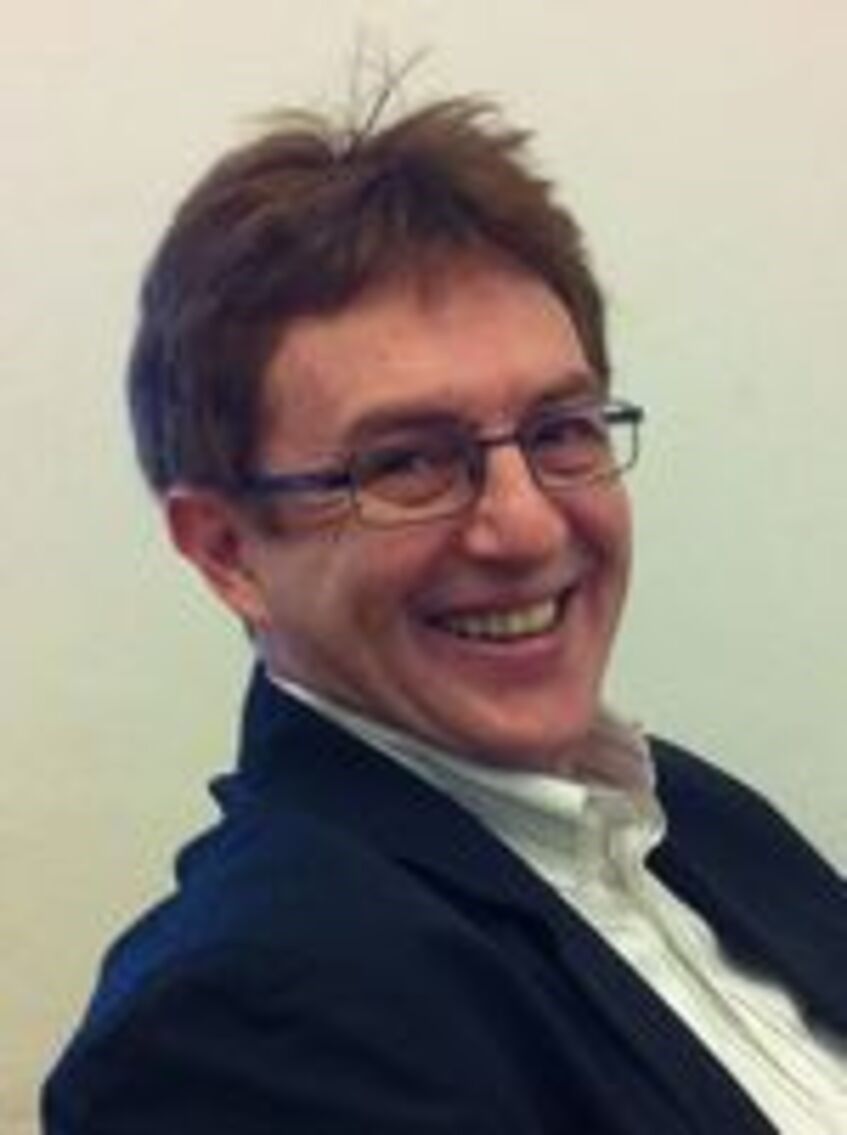
STEIGERWALD Tamas
The meaning (function) of selected biblical texts in the political philosophy of Slavoj Žižek
SVIRAC Anté
Paradigm in theology
Investigations into a controversial term
